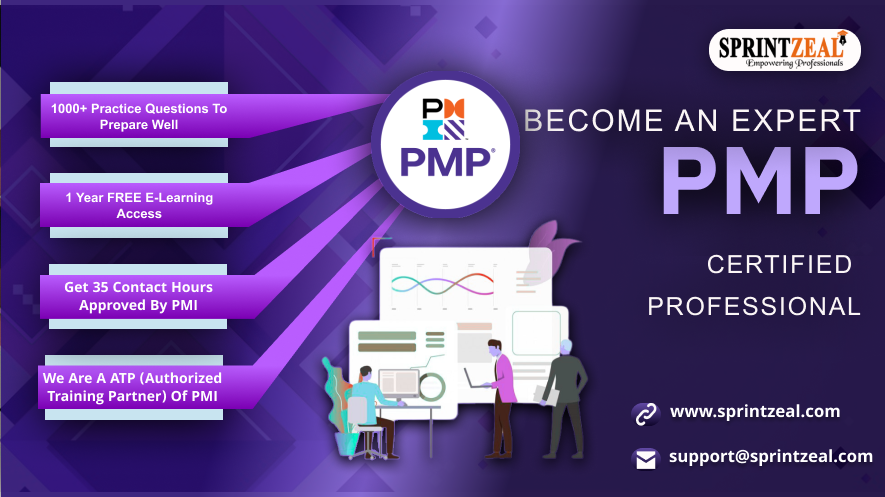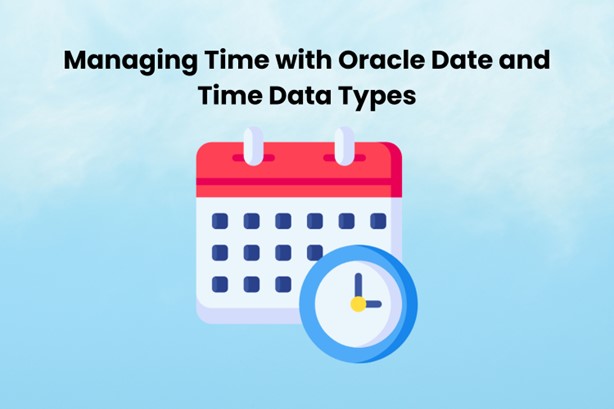The Project Management Professional (PMP) certification is a prestigious credential recognized globally, demonstrating an individual’s competency and proficiency in project management. Administered by the Project Management Institute (PMI), attaining this certification involves passing a rigorous exam. Aspiring project managers often perceive this exam as a daunting challenge, but with the right strategies and preparation, success becomes attainable. This guide aims to unveil the strategies that can help individuals crack the code and conquer the PMP certification exam.
Understanding the PMP Exam
Before diving into preparation strategies, it’s essential to comprehend the structure and content of the PMP exam. The exam comprises 200 multiple-choice questions, covering various aspects of project management based on the PMI’s Project Management Body of Knowledge (PMBOK) guide. Candidates have four hours to complete the exam, which includes a mix of theoretical and scenario-based questions.
- Comprehensive Study Plan
Creating a structured study plan is crucial for effective preparation. Break down the PMBOK guide into manageable sections and allocate specific time frames to cover each area thoroughly. Utilize various study resources such as textbooks, online courses, and practice PMP exam, and study groups to gain a comprehensive understanding.
- Master the PMBOK Guide
The PMBOK guide is the foundation of the PMP Certification exam. Ensure a deep understanding of its concepts, processes, and terminologies. Pay special attention to the five project management process groups: Initiating, Planning, Executing, Monitoring and Controlling, and Closing, along with their associated knowledge areas.
- Practice with Mock Exams
Practice makes perfect. Engage in mock exams regularly to simulate the exam environment and assess your readiness. Analyze the results to identify weak areas and focus on improving those sections. Numerous online platforms offer simulated PMP exams that mimic the actual test conditions.
- Understand the Question Patterns
Develop a knack for deciphering the question patterns. Some questions might appear straightforward, but they often require critical thinking and application of project management principles to arrive at the correct answer. Pay attention to keywords, context, and project scenarios presented in the questions.
- Memorization vs. Understanding
While memorization might help with certain aspects, understanding the underlying concepts is crucial. The PMP exam doesn’t solely test rote memorization but evaluates the application of project management knowledge in real-world scenarios. Focus on comprehension rather than mere memorization.
- Join Study Groups or Forums
Collaborating with peers preparing for the PMP Certification exam can be highly beneficial. Join study groups or online forums where individuals share insights, discuss challenging topics, and provide support. Explaining concepts to others can reinforce your own understanding.
- Time Management during the Exam
During the PMP Certification exam, time management is key. Allocate a certain amount of time to each question and move on if you’re unsure. Mark questions that need a revisit and return to them after completing the initial run-through. Avoid spending excessive time on any single question.
- Stay Calm and Confident
Maintain composure and confidence during the exam. Stress and panic can impede clear thinking and decision-making. Trust in your preparation and rely on the knowledge and strategies you’ve acquired throughout your study period.
Final Thoughts
The PMP certification exam demands dedication, perseverance, and a strategic approach. While the journey to achieving this credential might seem challenging, following these strategies and staying committed to your study plan significantly enhances the likelihood of success.
Remember, success in the PMP exam from sprintzeal not only validates your project management skills but opens doors to diverse career opportunities and demonstrates your commitment to professional growth in the field of project management. Implement these strategies diligently, and you’ll be well on your way to cracking the code and earning the coveted PMP certification.













